There is always great news for fans of a bowl of oatmeal porridge, check out the health benefits of oats.
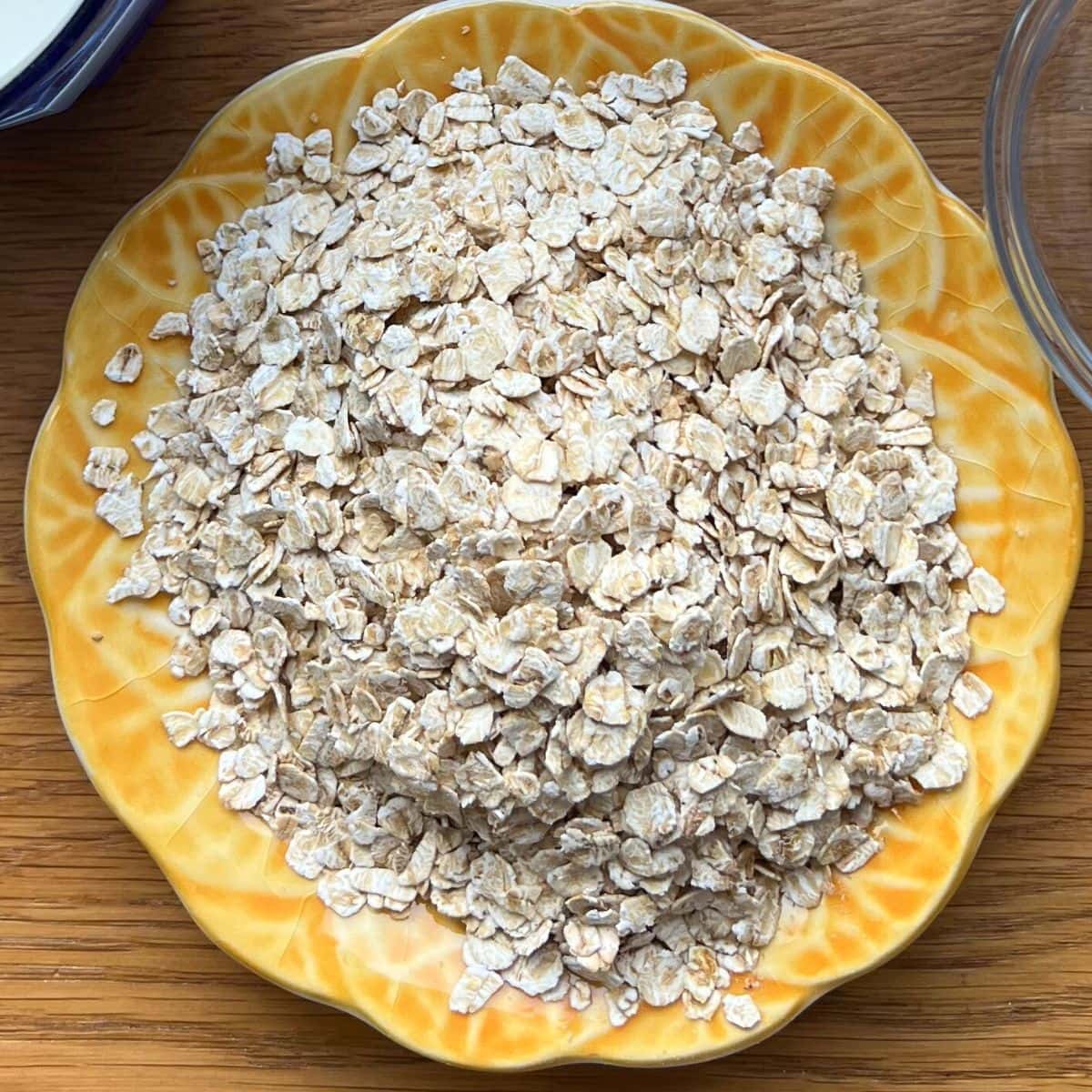
Regulating our diet and getting plenty of exercise are well-known recommendations for good health, but a recent study by scientists in Ireland sheds new light on why eating oats regularly can be good for your heart.
Check out our post on how to make creamy porridge.
Click the Subscribe button above to get more articles like this to your inbox!
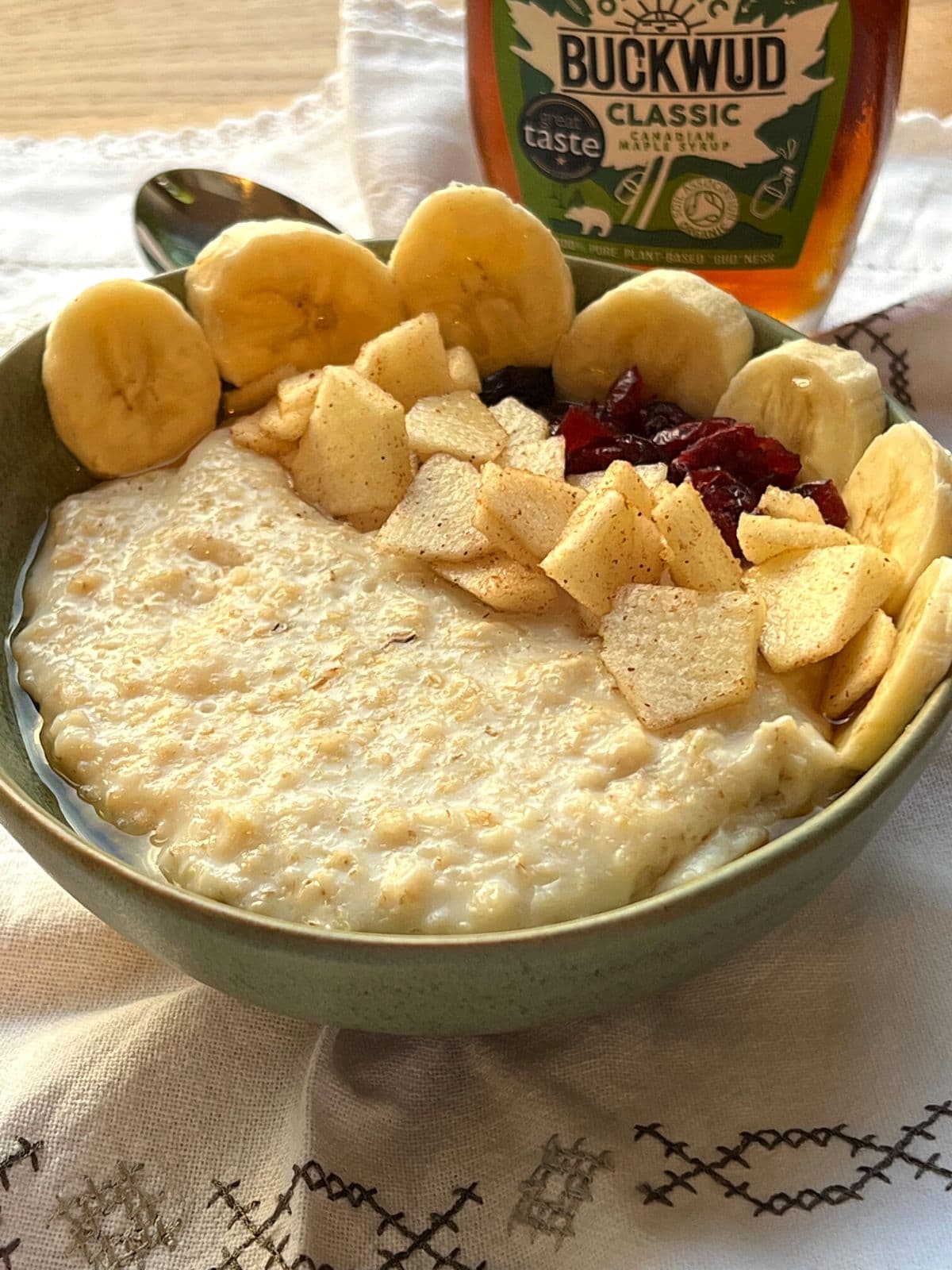
Studies on oats
It has been previously stated, in 1987, by Robert E Kowalski in his book, ‘The 8 week Cholesterol Cure’, that oat bran and fish oil are essential to a heart healthy diet.
He revealed study after study from around the world showing how a diet rich in oats lowers cholesterol.
JAMA (Journal of American Medical Association), the following year, also carried a report on the virtues of reducing cholesterol through a diet that includes oat bran.
An interesting study in 2003, of 10,000 children aged 2-18, by researchers at Columbia University, New York, showed that those who ate oats regularly were less likely to be overweight.
In 2014, scientists at the American Chemical Society Conference in Dallas, Texas said there was growing evidence that the benefits of oats do not just come from the fibre, and that a bioactive compound called avenanthramide could stop fat forming in the arteries, causing heart attacks and strokes.
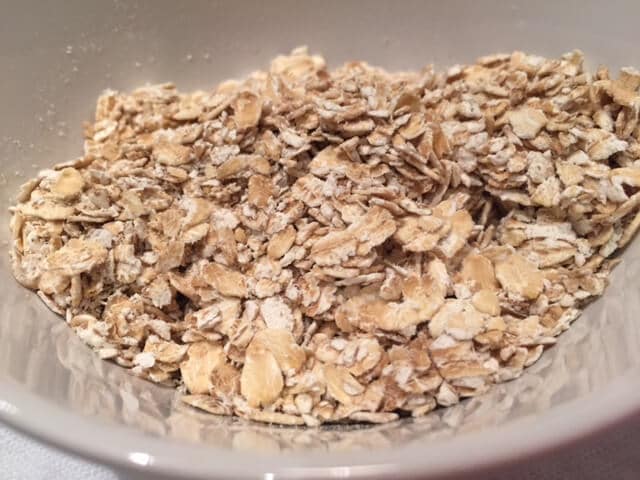
Latest study on oats
The report which came out on Monday, by the APC Microbiome Institute in Cork, suggests that the regular consumption of oats could not only lower blood cholesterol (which is linked to strokes and heart attacks) in mice, and keep body weight down, but create a thriving environment for good microbes living in the intestines.
The soluble form of fibre found in oats (beta glucan) dissolves in the digestive tract and acts as a prebiotic.
This allows the gut bacteria to produce higher levels of a fatty acid known as butyrate, which is shown to protect against diet induced obesity in mice.
To sum up Prof. Catherine Stanton who led the Irish study states, ‘The message is to take porridge regularly to reduce your risk of cardiovascular disease whilst also protecting your gut microbiota.’
This is great news for fans of this inexpensive and easily available cereal.
Nutritional information
Oats have always been popular, as they have been cultivated and harvested in parts of the world for nearly 2000 years.
They have long been the breakfast of choice amongst athletes and dieters as oats are filling and provide more energy for a longer period of time.
Additionally, they are low in fat, high in fibre, rich in vitamins and minerals (such as manganese, phosphorus, copper, B-vitamins, iron, selenium, magnesium and zinc), and antioxidants.
Oats contain more protein and fat than most other grains. Pure oats are also gluten-free.
Different types of oats
Oats with the husks are normally fed to cattle and horses. Those processed for human consumption have the hulls removed, leaving the oat groats.
The bran is the layer directly below the hull. When the bran is removed, what is left is less nutritious.
Oat bran – this is the outer layer of the grain and is rich in soluble fibre. It makes a very smooth porridge and may be used in muesli or in breads.
Jumbo oats – these are large, thick pressed oats. They make a good thick porridge with slight nutty flavour and may be used in muesli or to make cookies.
Oatmeal – these are groats which have been rolled or crushed into flat flakes and then lightly toasted. It is popular for porridge and baking.
Steel-cut oats – are oat groats with the bran intact and chopped with steel blades. These are less processed, have higher nutrients but take the longest to cook (approx. 30 minutes). They also have the best flavour.
Old-fashioned Rolled oats – have most of the bran removed and therefore, have less fibre than steel-cut oats. They are rolled flat to make them easier to cook.
Quick/Instant oats – these are the most popular breakfast oats. These are rolled oats cut into smaller pieces and rolled even thinner so they can absorb water more easily for quick cooking. They are partially cooked in the milling process and are ideal for making porridge, muesli and baking. Quick-cooking and instant oatmeal usually have the oat bran removed.
Tip: Oats that take longer to cook could be made in a crockpot. It is also useful to note that porridge can be made in advance and refrigerated or frozen in ready to-use portions

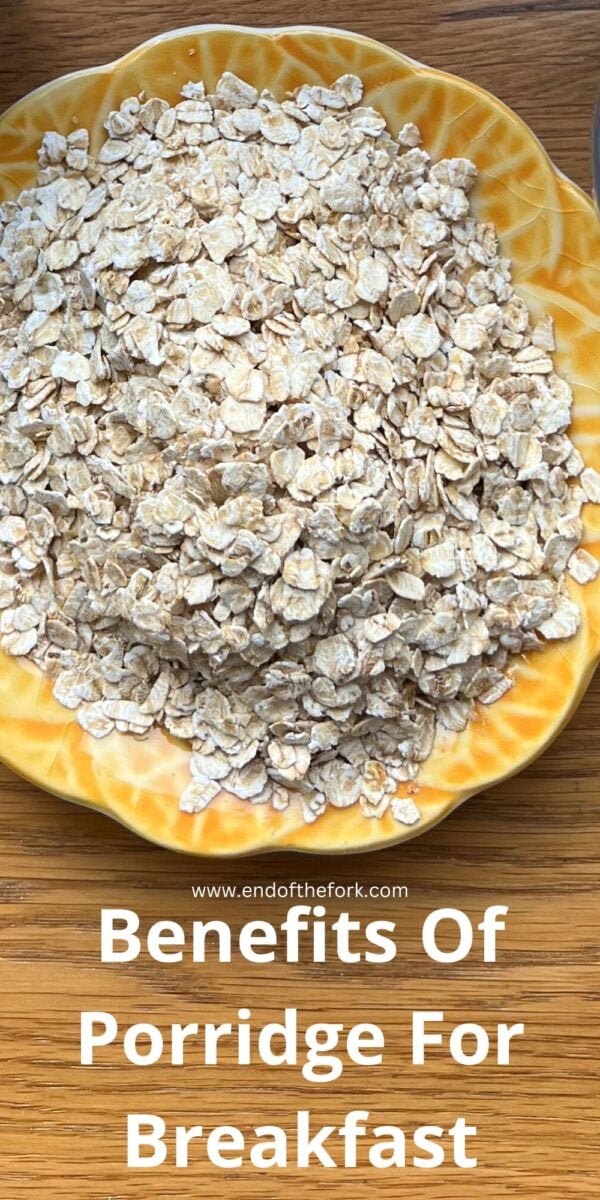
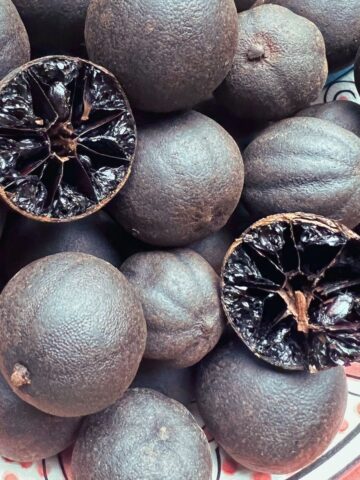
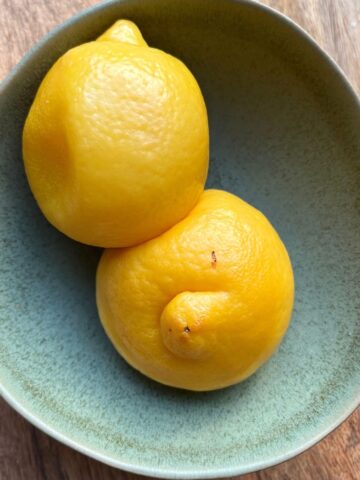
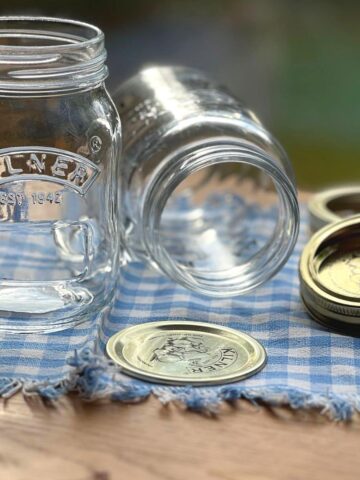
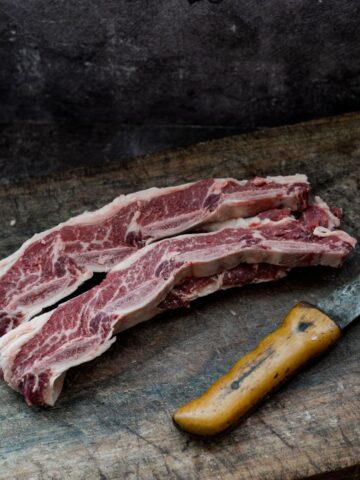

eileenbakingsense
This is great news since I eat a big bowl of oatmeal for breakfast every day! It’s also one of my favorite baking ingredients. Thanks for the informative post.
Gillian's Kitchen
I love oats and cooking with oats, they work so well in both savoury and sweet dishes. Thank you for such a great informative post about the virtues of oats.
Amy
This was so informative and helpful! Thank you for sharing! Now I want to go make a big bowl of oatmeal!
bitesofflavor
Great article! I love oatmeal and try to eat it as much as I can. There are so many different ways to get your oats in. My favorite is overnight oatmeal!
Kitchen Lifestyle
I need to bring more oats back into my diet. As a kid we ate them all of the time. It’s porridge for breakfast tomorrow for me. Thanks!
Jacqueline Piper | PiperCooks.com
Great post, I love oats. I have quick, large flake, steel cut and one with other grains mixed in. I always put large flake in my oatmeal cookies and banana bread!
Sarah James @ Tales From The Kitchen Shed
A great read ! I love oats and eat them as often as I can to help keep my cholesterol down. I love them for breakfast and I often bake an oat loaf and coat it with jumbo oats.
MyYellowApron
I’m not a big fan of oats unless they are in cookies, but I loved reading your post.
Fred Nonterah
Oats are the best, I like them in any form, I can never get enough of them. Thanks for sharing!
Gloria Duggan
My favourite for sure is steel cut oats. I always old fashioned on hand as well. Love putting it in smoothies, and homemade granola dust!!
Margot
Wow, that is very interesting. I never knew the difference between different types of oats and I was using names: oatmeal, oats, porridge as synonym words. I like my oats to be thick and to have still a lot of texture after cooking or soaking overnight (in summer)… so I guess that’s the jumbo oats 🙂